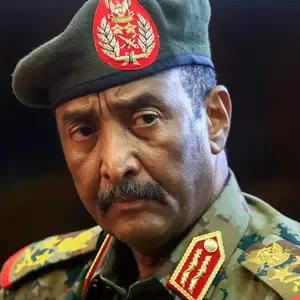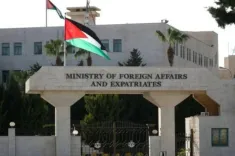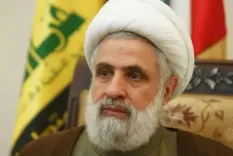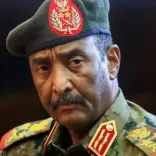Did Sudan Use Chemical Weapons in Khartoum?

Synopsis
Key Takeaways
- Sudan denies US chemical weapon allegations
- Field tests showed no signs of contamination
- Ongoing conflict has led to a humanitarian crisis
- US sanctions imposed on Sudan and RSF
- Health issues attributed to war's impact on services
Khartoum, Sep 4 (NationPress) The Sudanese government has firmly denied the allegations made by the United States regarding the use of chemical weapons in Khartoum, asserting that there is no proof of chemical or radiological contamination.
A report issued earlier this week by the Federal Ministry of Health indicated on Wednesday that field tests, medical assessments, and surveillance data revealed no evidence of toxic substances, as reported by Xinhua news agency.
"There is no evidence of chemical or radiological contamination in Khartoum State," the report stated in detail.
The Ministry further noted that there had been no recorded cases of unusual deaths, widespread illnesses, or signs of poisoning, and forensic reports did not indicate any atypical causes of death.
It also reported that radiation levels were normal, no radioactive material had been detected, and no suspicious munitions or residues were found.
Forensic pathology teams confirmed there were no fatalities commonly linked to chemical weapons.
The findings were based on field tests conducted since April, following the Sudanese Armed Forces (SAF) regaining control of Khartoum from the paramilitary Rapid Support Forces (RSF).
Measurements were taken using equipment accredited by the International Atomic Energy Agency (IAEA) and the Organisation for the Prohibition of Chemical Weapons (OPCW).
In June, the US imposed sanctions on Sudan, accusing it of deploying chemical weapons in 2024.
Khartoum refuted these claims at that time, labeling them as political blackmail and a misrepresentation of facts.
Sudan has been embroiled in conflict since April 2023, with fighting erupting between the SAF and the RSF.
This conflict has claimed tens of thousands of lives and displaced millions, exacerbating a humanitarian crisis in one of the world’s most impoverished countries.
The RSF is also under US sanctions.
In January, the US State Department concluded that the group had committed genocide against certain ethnic groups in the western region of Darfur and imposed sanctions on its leader, Mohammad Hamdan Daglo.
The Sudanese government attributed the majority of health complaints among citizens, including diarrhea, fever, and an increase in fatalities, to the collapse of health services during the conflict and the spread of diseases such as cholera, malaria, and dengue fever.
This report arrives as thousands of displaced families make their way back to Khartoum, despite facing poor services, widespread diseases, and ongoing insecurity in various areas.






